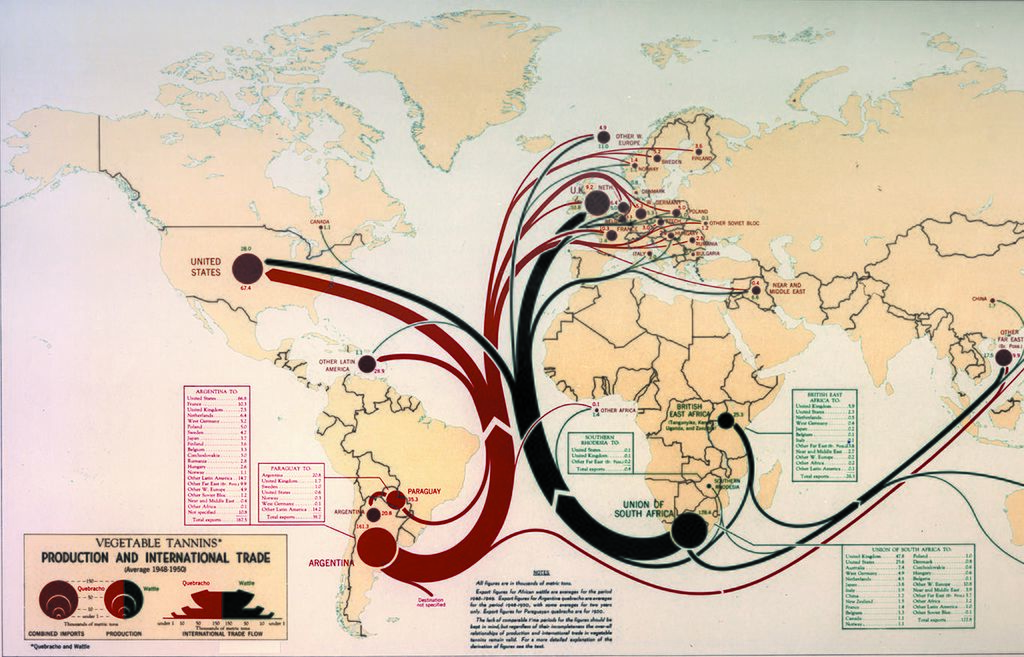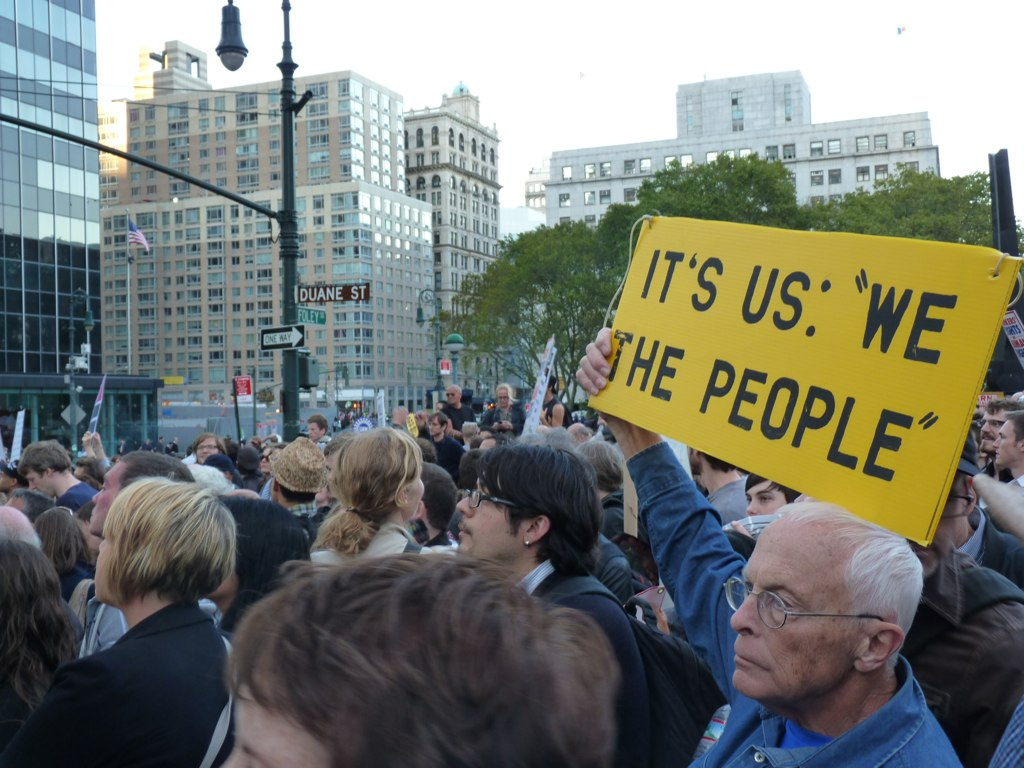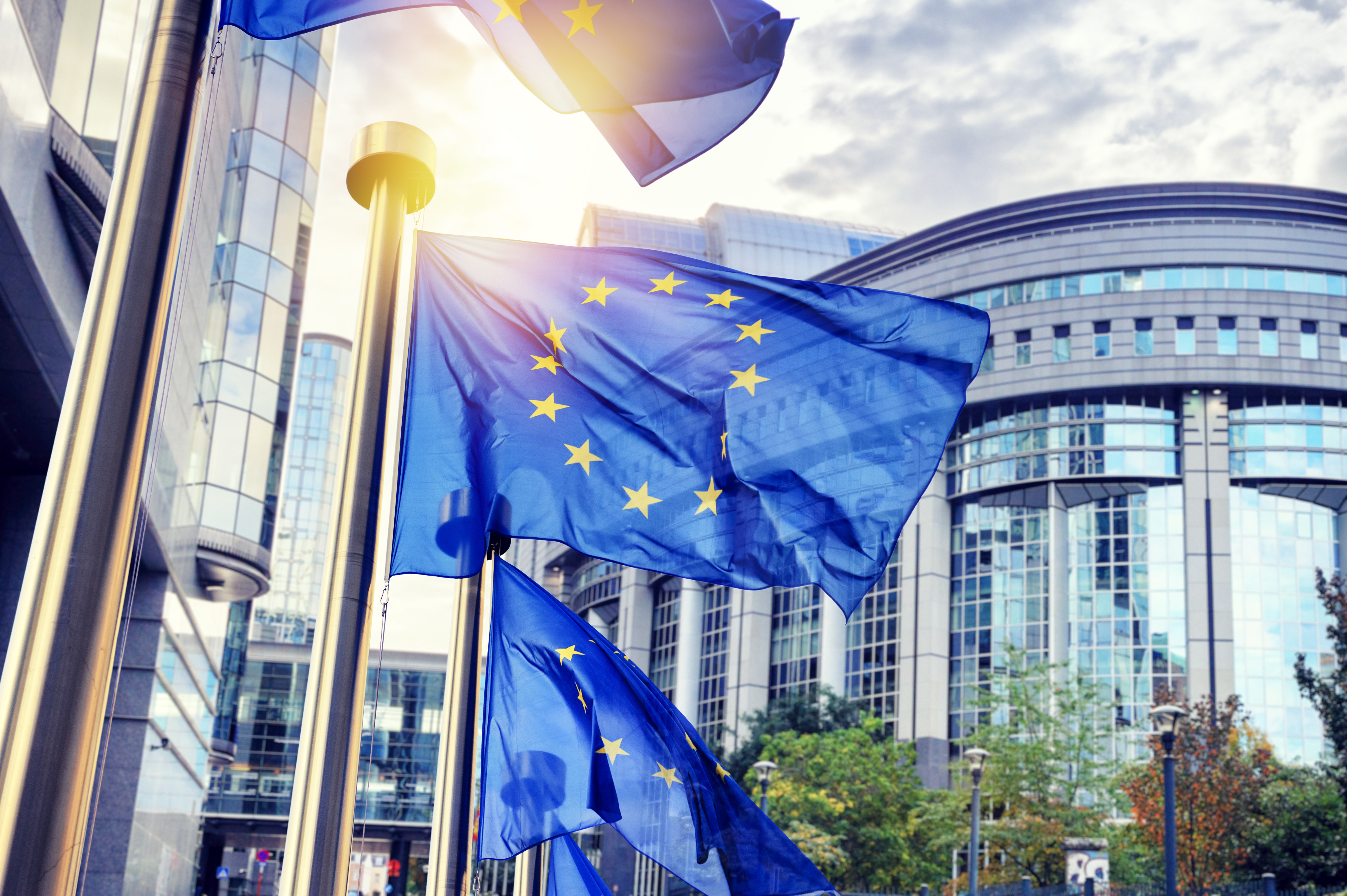Latest blog articles
-
Over the few past years, there has been a professionalization of social media content creators. These creators now have the power to sway their followers, start trends, or serve as role models for their audiences. These individuals, that have such online persuasive power, are called “influencers”...
-
On 15 October, the Swedish Consumer Agency, its Scientific Council and Maastricht University (in particular the Law & Tech Lab) hosted the webinar 'Consumers and businesses in digital markets – An unequal relationship?’, focused on bringing together the perspectives of national consumer authorities...
-
During the Easter weekend there was a lack of clarity about what the rules are at the German-Dutch border. What is actually still allowed when it comes to travelling from the Netherlands to Germany and vice versa? Both the government in North Rhine-Westphalia (NRW) and in the Netherlands have...
-
Since “Champagne” is a protected designation of origin (PDO) under EU law, it is not self-evident whether a product that is not Champagne but which contains Champagne can use the protected term in its trade name.
-
This book addresses concerns with the international trade and investment dispute settlement systems from a statist perspective, at a time when multilateralism is deeply questioned by the forces of mega-regionalism and political and economic contestation.
-
It is not that listening to the electorate is wrong. It is not wrong either to build a campaign on perceived wishes of the electorate. Trying to win an electoral campaign either, is wrong.
-
What exactly are the legal instruments for the EU according the measures that have been introduced recently with regard to the constitutional court and in terms of the media law. This article is only available in Dutch.
-
Legitimacy in the political sense can be defined as an inquiry into the justification for the exercise of public authority. Or put differently: it is the reason why I, being part of society, should accept laws and regulations that bind me.
-
The day after the “Brexit”-referendum, with a majority of 51.9% voting to leave the European Union, some speak of the success of democracy (“the people have spoken”). Already, there are calls for referenda in other countries to let the people speak there, too. This suggests that independently of our...
-
After months of negotiations between Greece, the International Monetary Fund (IMF), the European Central Bank (ECB) and the European Union (EU), which acuminated in an overwhelming amount of over 60% of “no”-votes by the Greek citizens to the reforms attached to the second Greek bailout programme...









